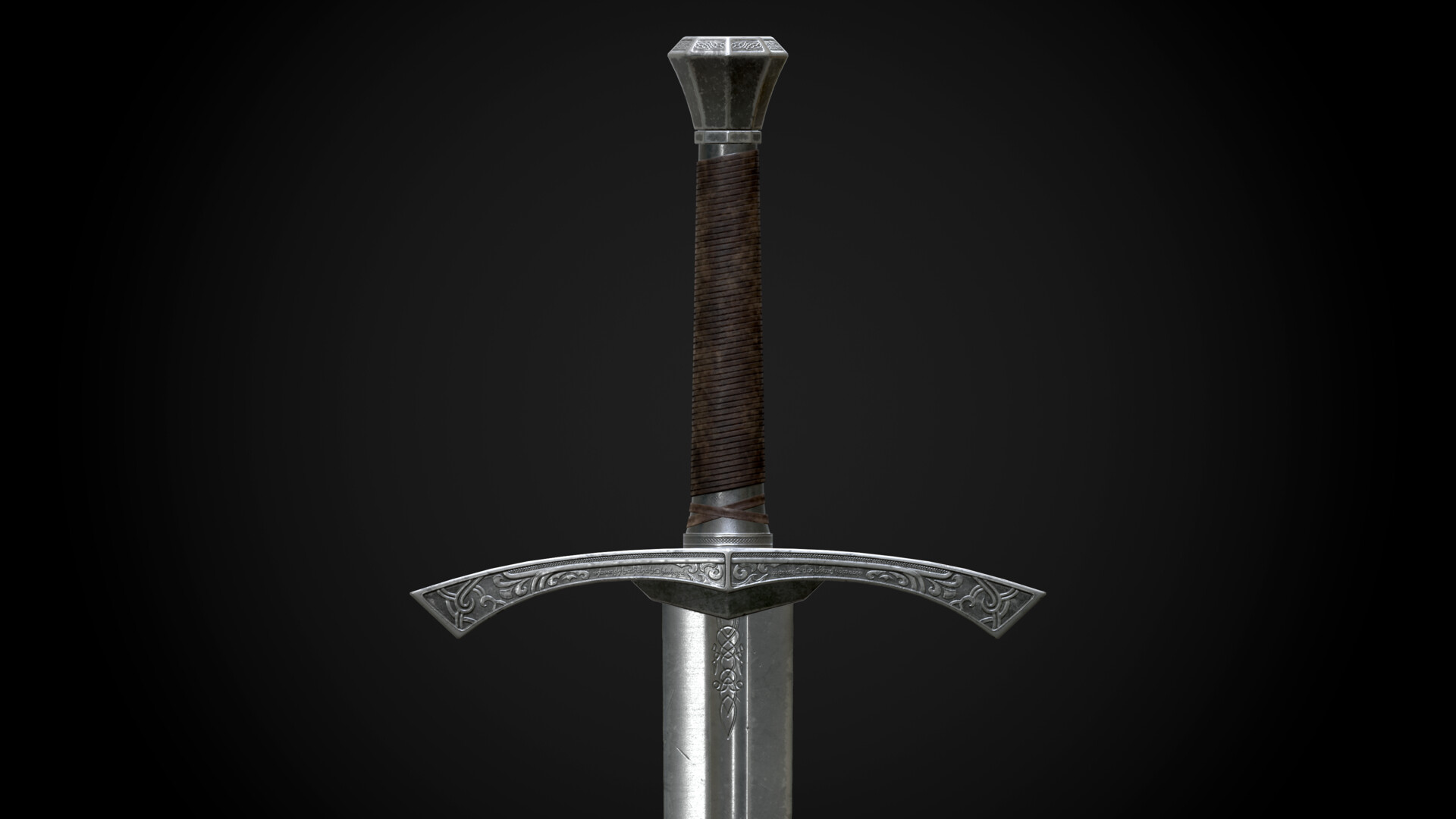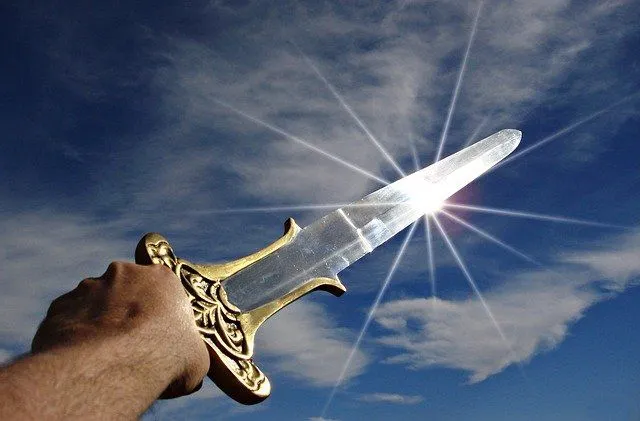

She didn't learn to become an assassin,” added Craven, who admits his prediction is just a hunch. This education might be the ultimate advantage, even if she lacks the firepower of Daenerys Targaryen's dragons or the Valyrian steel sword wielded by Jon Snow. And she's seen her kinsman Jon Snow's idealism transform him from a brooding teenager into a military commander capable of challenging the zombie army of the Night King. She's seen the pitfalls from what Craven calls Cersei's “transactional” approach to leadership. Sansa has learned from Littlefinger's manipulations. “She's had probably the closest involvement with the widest array of different leaders,” said Craven, who has written a new business book, “Win or Die: Leadership Secrets from Game of Thrones. She has endured marriages that were degrading and abusive, finding ways to adapt and survive that her late father could never manage. Sansa has grown from a once-helpless princess with dreams of lemon cakes into a wily strategist. We examine the show's central question in Part 1: Who will win the Iron Throne? The judgment of Craven and other academic minds may surprise you: Sansa Stark, Ned's eldest daughter. In the AP's weekly “Wealth of Westeros” series, we'll be delving into the latest plot twists and analysing the economic and business forces driving the story. His execution set into motion battles, intrigues, romances and resurrections that will culminate this Sunday with the show's highly-anticipated final season.

The northerner Stark was simply too proud to adjust to the cutthroat nature of King's Landing as it became mired in a scramble over royal succession. Where most Game of Thrones fans were horrified by the beheading of the beloved Ned Stark and blamed it on a ruthless king, Columbia University business professor Bruce Craven saw a lesson in failed leadership.


 0 kommentar(er)
0 kommentar(er)
